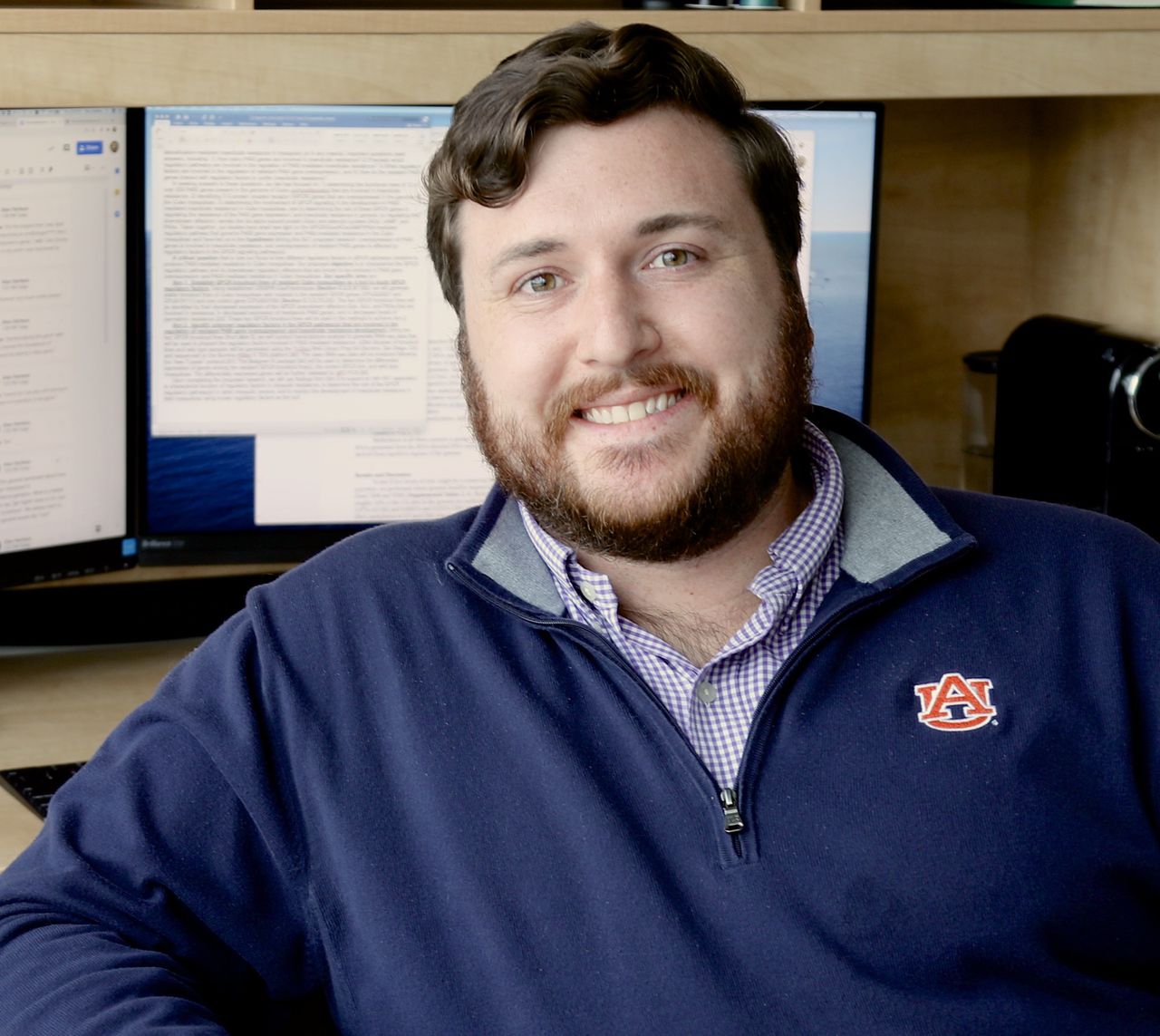HudsonAlpha researcher gets $1.6M grant to engineer new, better plants
Biologist Alex Harkess at HudsonAlpha Institute for Biotechnology has won a five-year, $1.6 million National Science Foundation career grant for research to create new plant-based industries in Alabama.
Harkess is studying evolution in plant sex chromosomes and engineering artificial plant chromosomes. He plans to use part of the grant funding to train young plant scientists at Auburn University and at colleges across the country, HudsonAlpha said.
“This grant is the culmination of some impossibly big ideas from the last 15 years I have studied sex chromosomes,” Harkess said. “Those ideas have been made possible by my experiences and growth here at HudsonAlpha.”
“We’re starting to rethink how agriculture and plant biotechnologies can collide and create new plant-based industries in Alabama,” Harkess told AL.com about his work in 2020.
One of his favorite research targets is duckweed, a flat plant that floats on the top of water. Scientists have learned that duckweed can produce almost the same amount of protein as soybeans, soak up heavy metals and be revived after months or years in a freezer, Harkess said in 2020.
Harkess sees genetically engineered duckweed producing “novel proteins like antibodies for human or agricultural use or nutritional supplements for food and grain stocks by grinding them into a tasteless powder.” Duckweed plants are also “hyper accumulators” he said “can soak up heavy metals that are contaminating waste water, ponds on farms and even drinking reservoirs.”
The grant will also help fund a training program called the American Campus Tree Genomes Project (ACTG). The project started with crowd-funding at Auburn where Harkess and Auburn colleague Dr. Les Goertzen created the semester-long project for students to “assemble, annotate, and publish college campus tree genomes as a cohort.”
Part of the project is “aimed at breaking STEM barriers caused by inequity in access to undergraduate research experiences,” HudsonAlpha said.
“The program minimizes institutional barriers using the PRAXIS-AI teaching platform, which is entirely internet browser-based,” Harkess said. “It also allows teaching and learning to occur in non-traditional settings. If students can access the internet, they can do the coursework.”
